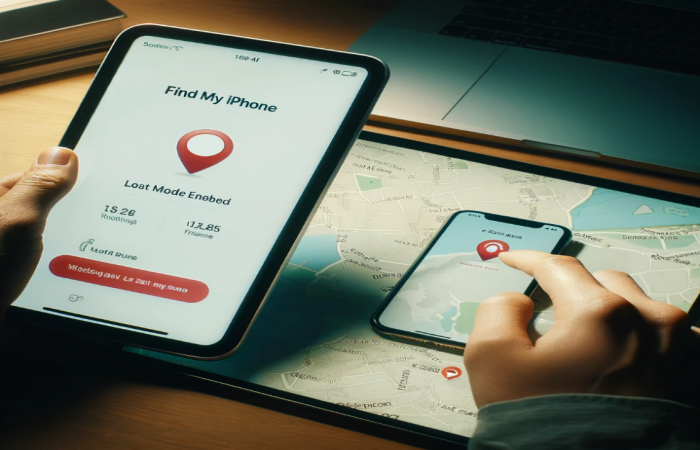
Is Social Media Listening to Your Conversations?
Have you ever had a conversation with someone—perhaps discussing a vacation, a new gadget, or even a random idea—only to open your social media feed and find ads or content eerily related to your discussion? You’re not alone. This phenomenon has raised eyebrows worldwide, leaving many wondering: Are our devices secretly eavesdropping on us?
While it’s tempting to believe that social media apps are secretly recording conversations, the truth is more nuanced. Here’s what may actually be happening:
1) Data Tracking: Your online behavior—search history, likes, purchases, and location—provides enough data for algorithms to predict what you might be interested in. If you recently searched for a vacation spot or browsed headphones, the algorithms connect the dots when you talk about similar topics.
2) Shared Networks: If a friend searched for a product or visited a website, and you’re connected through shared networks or accounts, their activity might influence your recommendations.
3) Keyword Detection: While apps like Google and Amazon use voice assistants to respond to commands, they might also detect keywords to refine ad targeting.
Coincidence: Sometimes, the overlap between your discussions and ads might just be a random coincidence.
The possibility of apps recording conversations without consent is slim, but the extensive tracking of online activity raises privacy concerns. Social media platforms claim they do not listen to conversations, yet the sophistication of predictive algorithms makes it feel otherwise.
Here’s how to reduce the chance of feeling “watched” by your apps:
1) Limit App Permissions: Review permissions for microphone and location access and disable those that aren’t necessary.
2) Adjust Ad Preferences: Platforms like Facebook and Google allow you to manage the types of ads you see.
3) Use Privacy-Focused Tools: Consider browsers and search engines that prioritize user privacy, such as DuckDuckGo.
4) Be Mindful Online: Every click, search, or like contributes to your digital footprint.
As technology continues to evolve, understanding how data is collected and used is crucial. While it’s unsettling to see your conversations seemingly materialize on your screen, the explanation often lies in the vast web of digital tracking rather than secret recordings.
Does this align with your experiences? What’s your take on data privacy? Share your thoughts below!



















